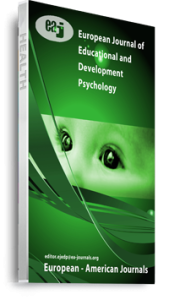In a dynamic, multidimensional and more operational environment, the effectiveness of human resources is a matter of major importance, leading most organizations and enterprises to pursue total quality in all their activities (Hofstede, 1990). The quality can be ensured through the comprehensive improvement of employee skills, international alliances, the introduction and support of innovations, the lifelong education and training of human resources. International organizations, in a context of global co-operation and synergy, are called upon to play an important role in this direction, as they have both the appropriate experience and extensive diplomatic networks. To that end, important official texts have been drawn up, of which a constant point of reference is the need to acquire proper and appropriate skills. Which are though the right skills? Since specialized skills seem not to be adequate, emphasis has been lately put on emotional competence, which may contribute to the creation of a healthy working environment (Goleman, 1998). This study, through the qualitative analysis of the European Commission’s text “Communication: A new skills agenda for Europe”, tries to capture and investigate whether there are references to skills related to the field of emotional intelligence in its content. The analysis of the text shows that references are made mainly to the categories of interpersonal relations management and self-management. In particular, there is a strong need for policy makers to develop communication, facilitate change, enhance the development of others, teamwork, co-operation and adaptation to continuously changing environments.
Keywords: Employability, European Union., Sentimental Intelligence, Skills

